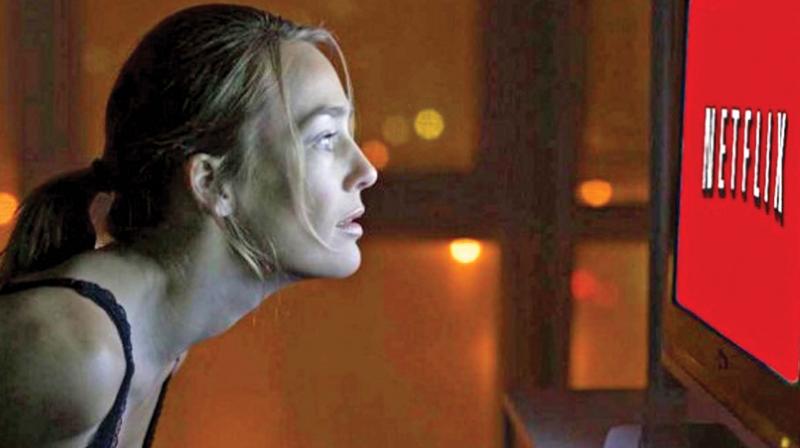Will cinema theatres become passé?

After the recent controversy over the South Korean-American film Okja, where Netflix was accused of spoiling the theatre culture, the online streaming website is now being perceived as something that would cause the demise of theatres.
With Tamil indie films like Nila, Radiopetti, and Revelations available on the platform, the scenario raises the question if VOD (video on demand) services are penetrating the mainstream Tamil cinema as well. With growing paucity of theatres for small budget films, the debate is significant now more than ever. DC speaks to filmmakers and analysts if film exhibition in K’town will change because of these streaming sites.
Dhillip, director of the upcoming sci-fi film Kalki, is currently looking for an alternative medium to release his film, and he is sure that he would not opt for a theatrical release. “That is because my film is just 45 minutes long and it is not possible to screen it in theatres. We are yet to decide on how we are going about with the release of the film. Streaming sites are a possibility. They have provided a new chance which was not there before.”
Yasmin, the lead actress of Kalki, known for her role in Aaranya Kaandam, seconds that — “The replacement of theatre with the Internet is already happening in the West, where some films are exclusively made for TV and the Internet. If it happens, the filmmakers will have better command over the creativity and concepts because the mainstream theatrical releases are restricted by distributors’ choices.”
Meanwhile, Vijay Jayapal, director of the film Revelation, which was selected to be screened at Busan Film Festival, says that the complete replacement of theatres is not possible — “Tamil audiences’ film going experience is different. It is like a picnic for them. So, for any entity to completely replace theatres, there needs a change at the behavioural level. But for small budget films and indie films, I think VOD sites are going to play a prominent role, while mainstream cinema will look at these services as an extra-income opportunity.”
However, director of the indie film Nila, Selvamani Selvaraj, asserts the changes are already happening with new-gen audiences. “People are watching more films on their mobiles and laptops. Now that the Internet has taken over, it has opened gates for experimental models in terms of screening. This is not a short-lasting trend; it is here to stay.”
He adds, “What mainstream cinema is slowly realising is that the shelf life of a film has come down to two weeks, but on the Internet, a film lives forever. So, people will have to come up with good content which will be on demand online. When that happens, mainstream films will have direct online releases, avoiding theatres.”
On the contrary, film analyst, Dhananjayan believes, “The theatrical run of a film decides how it will fare on an online platform like Netflix. Most people who pay to watch films online are those who could not catch up with a film in theatres. Films like Ammani and Metro, found good patronage in online streaming platforms. The downside to direct-internet release is that it will not carry the excitement a theatrical release does and might go unnoticed. Psychologically, it will be assumed as an unimportant film. I don’t see this becoming a trend as of now.”
(With inputs from Niveda Manohar)

